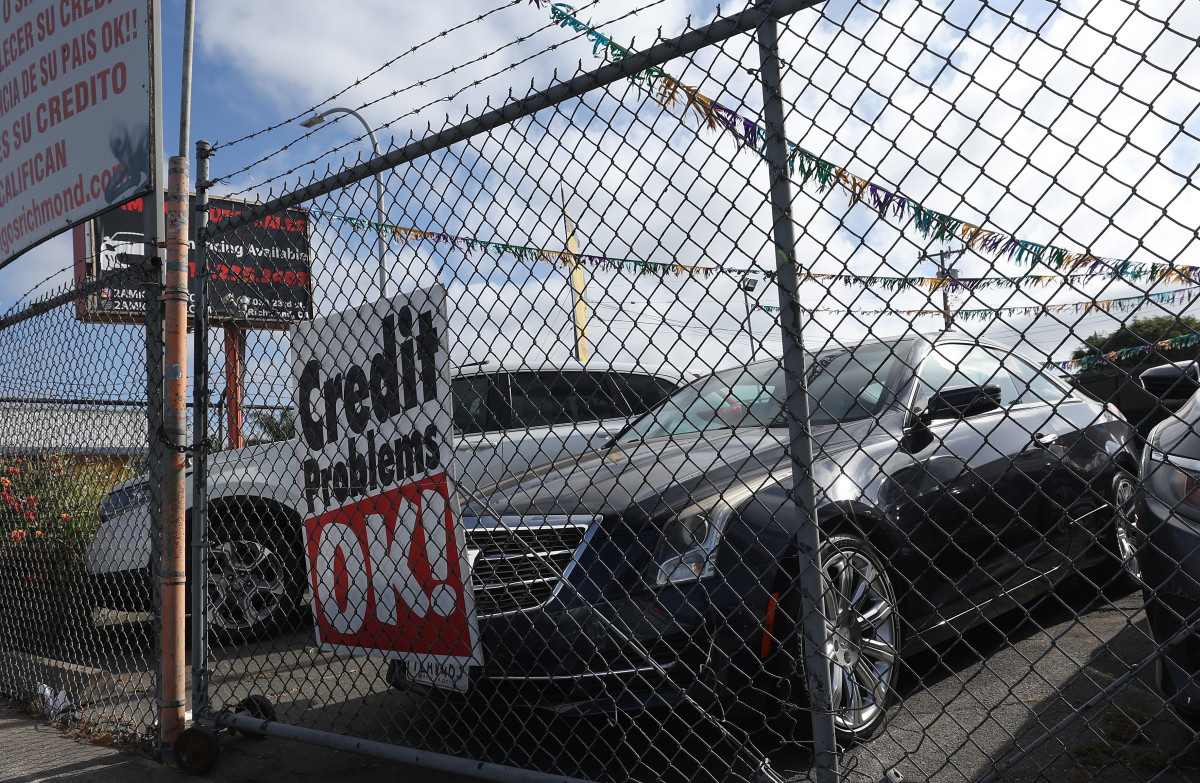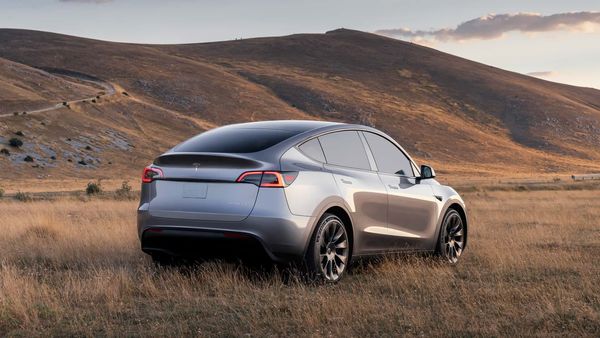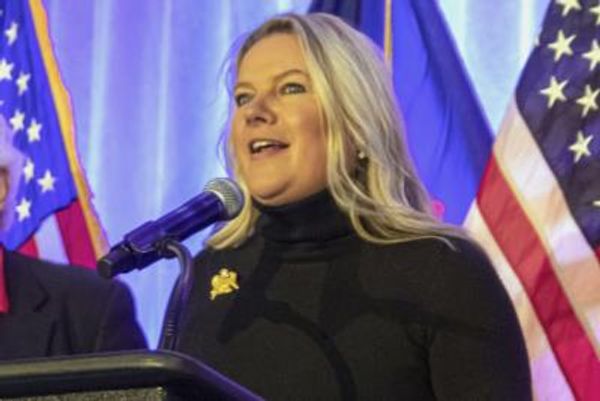
It's like a blast from the 'needs-to-never-be-forgotten' past.
Financial institutions claimed they had learned a valuable lesson from the 2008 housing crisis that nearly wiped out the global economy.
Related: Inflation slows sharply, core at 2-year low; Fed rate cut seen more likely
About 15 years ago the world learned in real-time the dangers of subprime mortgages in the housing sector after the house of cards built by subprime mortgages, that were then bundled into securities that could be bought and sold by institutional traders on Wall Street, came crashing down around us.
The cascading effect from the fallout nearly took out the real estate market, the auto industry and stock market as well, leading to one of the worst economic collapses in U.S. history.
Fifteen years later it seems Wall Street has learned at least one thing: Turning bad auto loans into securities that can be traded can also be a way to make a ton of money without actually producing anything of value.
Subprime car loans made to people with bad credit backed more than $37 billion of bonds last year, double the amount from 2012, according to a new report from Bloomberg.

The report detailed the plight of one subprime borrower who was paying more than a 22% annual interest rate on a vehicle note for which they were paying $750 per month. The borrowers inevitably defaulted — they were also paying more than $400 a month for another vehicle — but the offering document from Santander "suggests it built the security based on the assumption that much of the debt would go bad."
Lending money to borrowers you know will default is exactly the type of practice that led Congress to pass the Dodd-Frank Act in 2010, requiring lenders to make sure the loans they gave to borrowers were affordable, based on said borrower's finances.
But like many laws that come out of Washington, special interests were successful in defanging much of Dodd-Frank, and car dealerships successfully fought for an exemption from being policed by the U.S. Consumer Financial Protection Bureau that was created by Dodd-Frank.
Santander reached a $550 million settlement in 2020 to resolve allegations that the company knew it was making loans that were likely to default. However, since car dealerships themselves are where most loans are made, the CFPB settlement will probably do little to curb the practice of subprime lending.
As of June 2023, subprime debt made up about a fifth of the $1.58 trillion in outstanding auto loans, which is the second-largest kind of consumer debt in the country after mortgages.
Wall Street is making millions selling car loans to customers who can’t pay them off.
— Bloomberg TV (@BloombergTV) November 14, 2023
Read the Big Take on how lenders profit while borrowers buckle under debt as part of a fine-tuned money-making machine https://t.co/1BioJlULvo pic.twitter.com/9OWjh205FB







